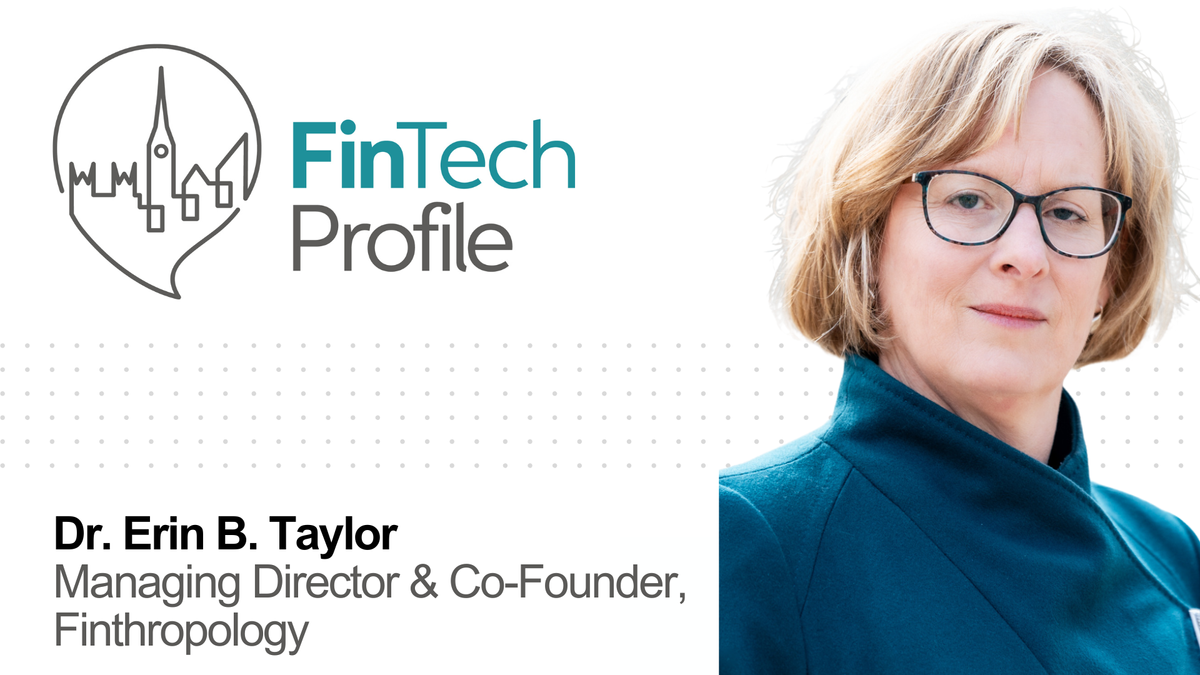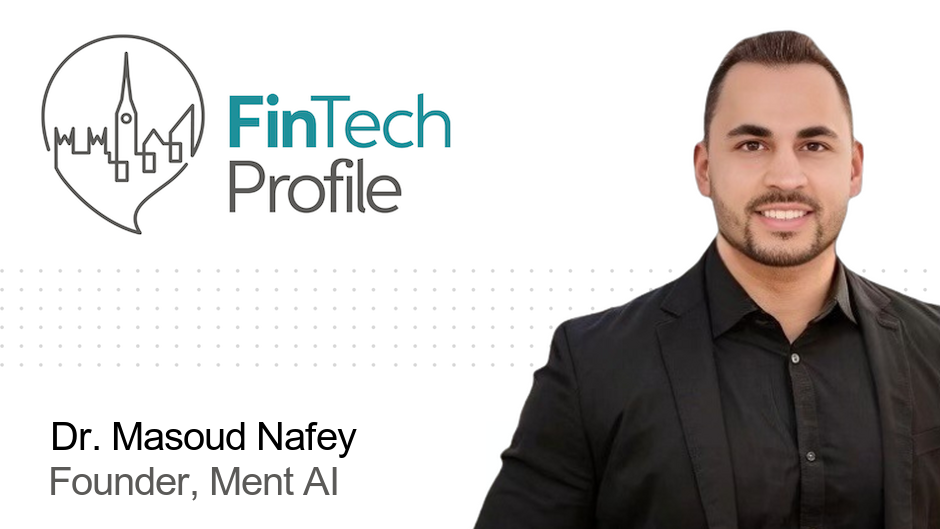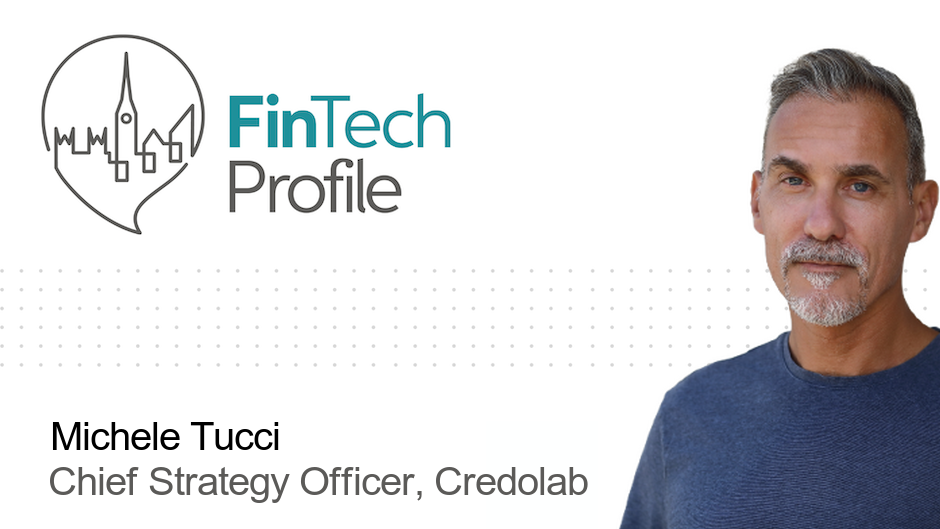Dr. Erin B. Taylor, Managing Director & Co-Founder, Finthropology

Today it's the turn of Dr Erin B. Taylor, Managing Director and Co-Founder of Finthropology to be profiled. The company helps organisations to understand their clients' financial behaviour and innovate to meet their needs.
Who are you and what's your background?
I’m originally from Australia, where I grew up in a leafy suburb by the beach. I did my PhD in Anthropology at the University of Sydney, Australia, doing a year of ethnographic research in an urban squatter settlement in the Dominican Republic.
After my PhD, I was asked to do a project with another anthropologist, Heather A Horst, on mobile money in Haiti. This really piqued my interest in fintech and how it is changing people’s financial practices around the world. I was hooked, and ultimately this led to me starting Finthropology.
What is your job title and what are your general responsibilities?
I’m Co-Founder of Finthropology along with Anette Broløs, and I’m the company’s Managing Director. Most of my job actually consists of working on the different research projects we do for clients, and I’m generally responsible for keeping the business in motion.
Can you give us an overview of your business?
Finthropology helps organizations to understand their clients’ financial behaviour and innovate to meet their needs. Financial services are undergoing rapid transformation—and so are the ways people are adapting to them. In the current market, behavioural research is a proven driver for generating reliable business insights due to its focus on both individual and collective behaviour. We apply our cutting-edge knowledge of human behaviour to help create successful financial products, programs and policies for a human world. We connect organizations with their clients and train teams to be truly client-centric, helping organisations to deliver better services and get ahead of your competitors in a fast-changing market.
Tell us how you are funded?
Since we founded Finthropology in 2021, we have been entirely funded by client projects. My previous company also did some work in this field, so we were able to carry clients over to the new company.
What’s the origin story? Why did you start the company? To solve what problems?
We founded Finthropology because we realised that there was a growing interest in understanding people’s real-life financial behaviours. It’s important to understand people’s actual behaviours, rather than what they say they do – or what quantitative data says they do – to design customer-centric products, programs and policies. It’s also critically important when designing for future clients, since by definition there is no dataset on future users.
Who are your target customers? What’s your revenue model?
We have a broad range of clients, including companies, NGOs, government bodies, think tanks and academia. We love working across multiple sectors because it gives us deeper knowledge about trends in financial behaviour.
If you had a magic wand, what one thing would you change in the banking and/or FinTech sector?
I’d love to see these companies become not only more customer-centric, but also more research-centric. There is so much that can be discovered about clients when using the right methods. But many companies don’t have research departments, or don’t integrate knowledge across different departments, like customer service and product development. Creating internal research cultures would help companies bring together knowledge to understand customers better and innovate to meet their needs.
What is your message for the larger players in the Financial Services marketplace?
Qualitative data is also data. Don’t dismiss it because it seems ‘anecdotal’ or not robust. It can tell us things that quantitative data can’t.
Where do you get your Financial Services/FinTech industry news from?
From Anette, mainly :) Actually, most of the news I receive is via LinkedIn or attending events like the European Women Payments Network (EWPN) conference and European Microfinance Network Week.
Can you list 3 people you rate from the FinTech and/or Financial Services sector that we should be following on LinkedIn, and why?
My top three are all movers and shakers.
In no particular order:
- Martha Dali Mghendi-Fisher (EWPN) founded both the European Women Payments Network and African Women in FinTech & Payments (AWFP). She is great at bringing people together across the industry.
- I have worked with Francesca Aliverti (FTS Group) and she has impressed me as a young, confident woman who can get things done. Like Martha, she knows everyone!
- Last but not least, Rik Coeckelbergs (The Banking Scene) does the community a great service by providing spaces in which people can get together, share ideas and learn.
What FinTech services (and/or apps) do you personally use?
Like pretty much everyone in the Netherlands, I use Tikkie, a ‘pay me’ service that allows friends to easily split bills. As an expat I have been using Wise for a very long time—long before it became a fully-fledged bank. When I’m in Southeast Asia I use Grab App, the regional equivalent of Uber. While it’s not a financial service per se, it is a payments service and makes managing foreign currency so much easier.
What’s the best new FinTech product or service you’ve seen recently?
Actually, Anette and I have had the opportunity to see loads of new apps through our Female Finance research series. We wrote three reports on financial services designed for (or mostly used by) women, including for investment, financial management and insurance. Among my favourites were Sheila’s Wheels, a women’s auto insurance company in the UK, and Nav.it, a money management app in the USA. These apps are designed not only to appeal to women from a marketing perspective, but also to include features that are helpful to women, who still tend to manage family budgets.
Finally, let's talk predictions. What trends do you think are going to define the next few years in the FinTech sector?
AI, for sure. There are so many things I’d like to see AI able to do. First, it would be nice if it could remind me when I’ve forgotten to pay a bill, as sometimes companies take a long time to send out reminders. It would also be great if it could read all my transactions across all my different kinds of accounts and give me advice on my financial position and spending. Long-term advice would especially be helpful—human financial advisors tend to give their clients a limited range of options so as not to confuse them, but AI programs like Perplexity or Claude could probably already survey a very wide range of investment possibilities that would be relevant for me. Overall, I think the biggest promise of AI in finance is that it can give very personalized advice.
Thank you so much for taking the time to participate Dr Erin!
You can follow Dr Erin B. Taylor on LinkedIn and find out more about her company Finthropology at https://finthropology.com/.
I'll be back with more profiles very soon!
Ewan




